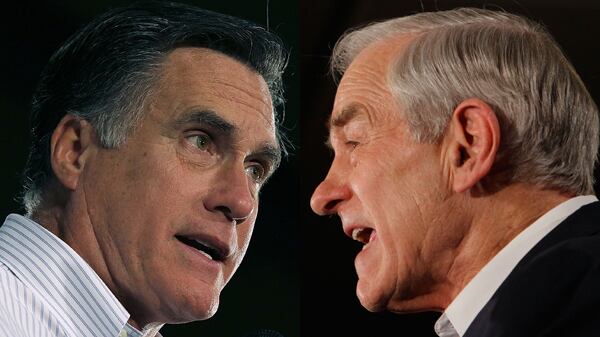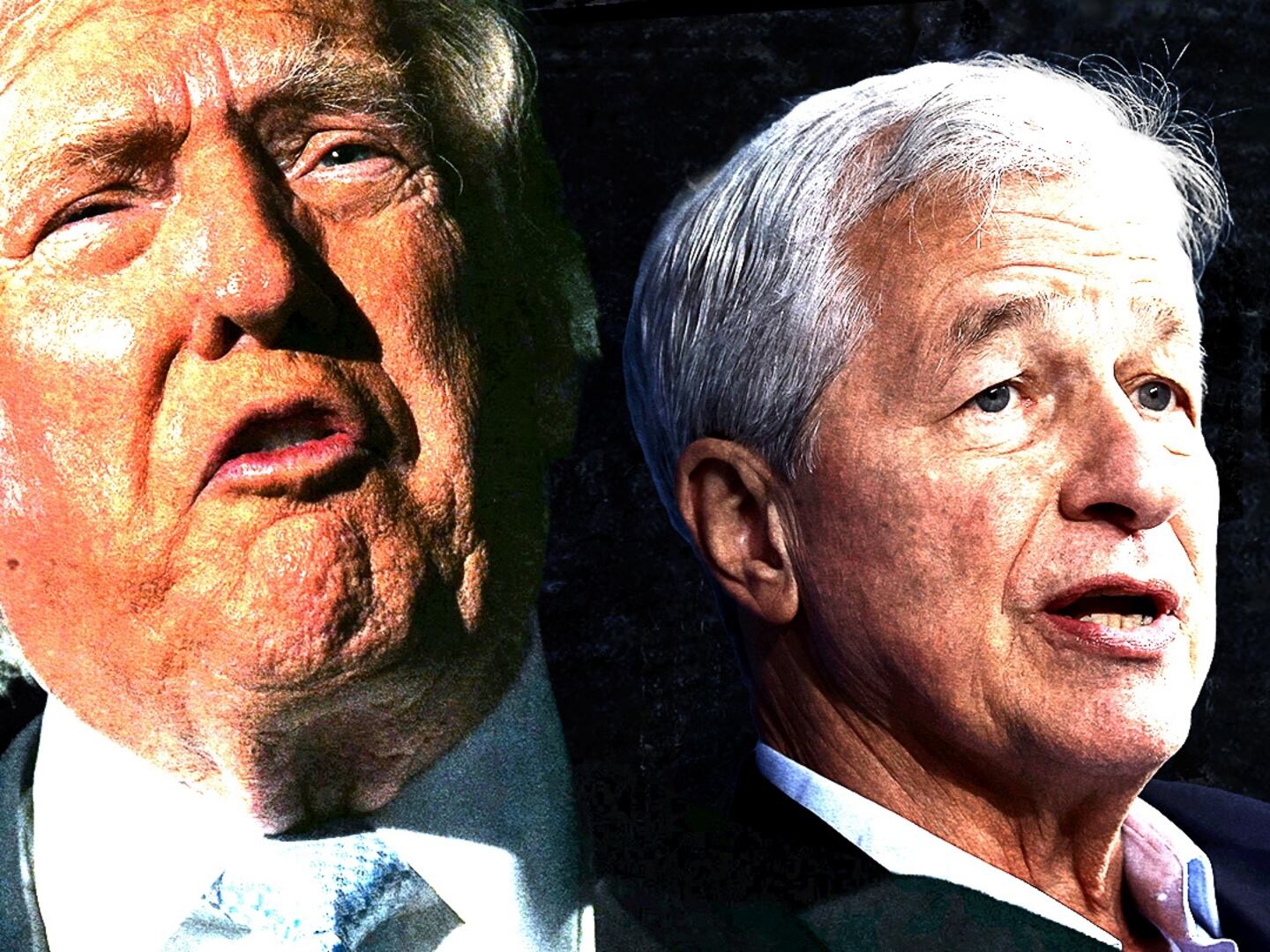New England is supposed to be Mitt Romney’s stronghold. After all, “Massachusetts Moderate” is not much of an epithet in Belmont.
“It’s all about Romney, it’s just by how much,” said Vermont GOP State Representative Oliver Olsen. And this is the point of the race where “how much” matters, since claiming the party’s nomination requires delegates, not states.
While Romney is a sure thing to finish atop the field in both Massachusetts and Vermont, both states use complex rules to award their delegates proportionately, and neither awards any extra delegates for finishing first. So while much of the media keys in on close races to “win” Ohio, Tennessee and Georgia, the delegate war could be decided in New England.
The big prize there is Massachusetts, which has twice the delegates of Vermont and half the rules. Boston-based Republican strategist Lenny Alcivar says Massachusetts is one of “the few states in this election season that’s actually going to follow conventional wisdom.” Romney—who has lived in the state for 40 years, as governor for four of them, and has been endorsed by every Republican state legislator but one—will win.
The question is whether Santorum or Paul can reach the 15 percent threshold necessary to receive a share of the Bay State’s 41 delegates. Santorum is trying to clear the bar by appealing to the state’s limited number of social conservatives, many of whom, like him, are Catholic. Paul will try to take advantage of what Alcivar describes as “independent libertarian streak” with Massachusetts voters. While polls show Santorum making the mark and Paul falling short, that may be misleading—because of Romney’s commanding lead, the race has not been extensively polled.
While Romney’s campaign headquarters is in an office building on Boston’s North End, he has no paid staff directly employed to turn out voters in Massachusetts Tuesday. Instead, he is relying on “supporters to reach out” to others via methods like “letters to the editor,” according to campaign spokesman Ryan Williams. While this frees up resources the Romney camp can allocate elsewhere, it could prove costly if it lets Santorum on the board.

While just 17 delegates are at stake in Vermont, the Romney camp has paid staff working there, and has organized trips of volunteers from New Hampshire and a surrogate visit from John Sununu, the former governor of the Granite State. The Paul campaign also has staff on the ground in the Green Mountain State and it is one of the few states where Paul is airing television ads—and is actually outspending Romney on the airwaves there.
Rep. Olsen said that he’s heard “rumblings about Democrats participating” in Vermont’s open primary to “vote for Mr. Santorum” in an attempt to extend the bitter Republican contest. But while the rules allow Democrats and independents to cast spoiler votes—as some did in Michigan and other places—such mischief is not part of Vermont’s political culture, said retired Middlebury College political science professor Eric Davis.
Romney though, said Davis, may be relying on a different sort of crossover voter in the state, He thinks the former Massachusetts governor Is banking not on cross-party mischief-makers but instead trying to convince “people who think of themselves as independent ... to vote in the Republican primary and vote for him.”
Vermont’s contest marks one of the few times this primary season that Romney and Paul, who Santorum’s camp have accused of maintaining a “nonaggression pact,” will be directly in opposition to each other.
While Paul is swarming the state with “200-300” volunteers, according to Tom Burditt, a state representative who has endorsed the Texas congressman, he still may not receive any delegates. This wouldn’t be for a lack of support but because of the state’s quirky rules—which could result in a number of scenarios in which both Paul and Santorum do well but come away with no delegates for their efforts.
Vermont proportionally allocates its delegates but only to candidates who get at least 20 percent of the vote. So if only one candidate exceeds 20 percent, he would get all the delegates. But if any candidate gets at least half the vote, he would get all the delegates—even if other candidates have surpassed the 20 percent bar.
And any influx of voters would have a major impact in a primary that Davis estimates will only have about 40,000 participants. If Romney won 49 percent of the vote, and Paul and Santorum both took 20 percent, Romney would claim 9 delegates, and Paul and Santorum would each take 4.
But if Romney won 50 percent while Paul and Santorum stalled at 19 percent, Romney would take all 17 delegates—a 12-delegate swing in his margin that’s far more than any candidate hopes to gain on the field in Ohio’s fractured primary.
The Romney campaign should be confident that it will finish in first place both in Vermont and Massachusetts on Tuesday. But if it doesn’t play close attention to the delegate math, those wins will be pyrrhic victories.






